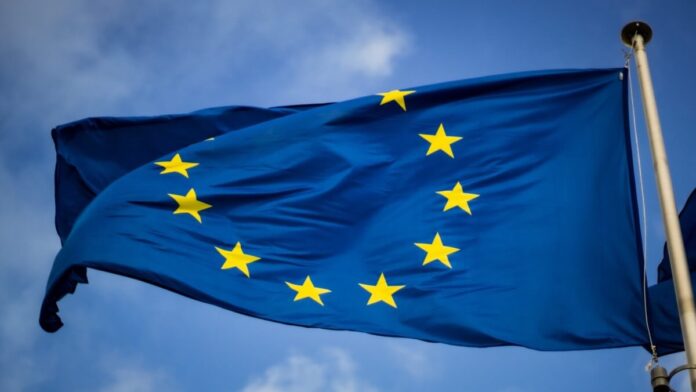The Commission of the European Union has decided to take significant steps towards monitoring the bloc’s visa-free travel regimes, setting out a consultation process.
Such a development comes as a response to the need to address challenges that are related to migration as well as security concerns within the bloc, SchengenVisaInfo.com reports.
In a letter dated March 20, 2023, addressed to the Council, the EU Commission President, Ursula von der Leyen, said that “the Commission will strengthen its monitoring of the visa policy alignment and will present a comprehensive report paving the way for a legislative proposal amending the visa suspension mechanism,”.
Moreover, it was stressed following the adoption of the Communication, the Commission is launching a consultation process to meet the objectives.
According to the Commission, while visa-free travel offers substantial social, economic, and cultural benefits to EU Member States and third countries, recent years have shown significant migration as well as security challenges stemming from such an arrangement.
The Commission stresses that insufficient alignment with the visa policy that the EU has can transform a visa-free country into a transit hub for irregular entries into the bloc.
The same notes that this was especially evident in 2022, when Western Balkans registered a high number of arrivals from nationals of countries that do not need a visa, resulting in an increase in irregular arrivals to the EU.
Even though the Commission engaged in extensive discussions with Western Balkan partners, it has been highlighted that investor citizenship schemes operated by visa-free non-EU countries pose security risks, among others.
For this reason, to effectively address these challenges as well as mitigate other risks, the Commission aims to reassess existing rules pertaining to the monitoring of visa-free regimes with third countries and the visa exemption suspension.
“The EU’s visa policy is closely intertwined with our migration policies. Having a better visa policy will have a positive impact on our migration management. Aligning visa-free policies of the EU’s neighbouring countries is a key foundation for a strong united partnership with our neighbours in the region,” Commissioner for Home Affairs Ylva Johansson said.
Potential revisions to the current rules may include the introduction of new ground for the suspension to address emerging risks.
Moreover, a future revision of the rules could also include the adjustment of thresholds for triggering the mechanism, the reinforcement of monitoring and reporting provisions, and increased flexibility of the suspension procedure.
The Commission is now expected to discuss with the Parliament and the Council of the EU how to strengthen the visa policy toolbox through a revised Visa Suspension Mechanism.
Based on the discussion that is set to take place, the Commission plans to present a proposal in the autumn of this year outlining the revision of the Visa Suspension Mechanism.
Currently, the EU has a visa-free regime with a total of 61 non-EU countries. Of the total, 25 countries have visa waiver agreements, and eight obtained visa exemptions due to the successful completion of visa liberalisation dialogues.
In addition, the Parliament and the Council have also agreed to grant visa exemption to Kosovo. Visa-free travel for the country will enter into force as of January 1, 2023.


